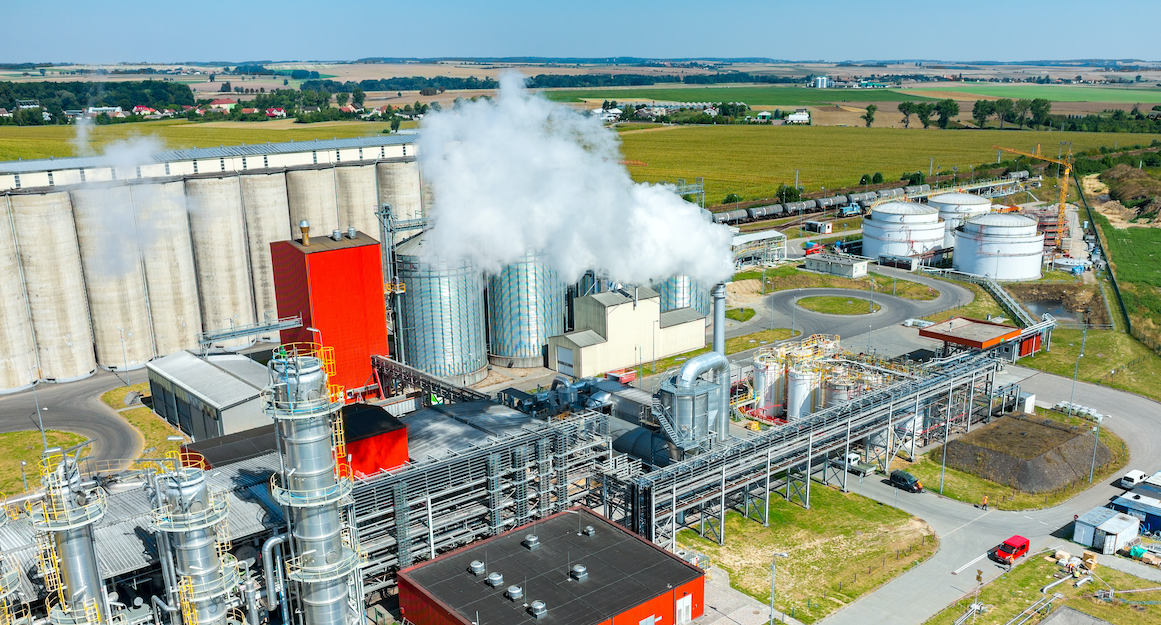11.21.2025
Sausage casings bulletin, November 21, 2025

...

New York is hoping that the third time is a charm for the State’s desire to implement a Low Carbon Fuel Standard to help reduce the carbon footprint of New York. Similar bills have attempted to navigate the State Legislature in 2019 and 2020 but never made it out of committee and to the Governor’s desk for signature.
The most recent attempt, Assembly Bill 862, has been pre-filed and will be formally introduced on January 6, 2021. The Bill Establishes the low carbon fuel standard of 2021, which is intended to reduce carbon intensity from the on-road transportation sector 20 percent by 2032. Further reductions could be implemented based upon advances in technology.
Assembly Bill 862 has been referred to the Environmental Conservation Committee where it is listed as pending. The Committee is a collection of specialists who will evaluate the bill and decide if it should proceed to full legislative membership for approval.
Once a bill passes from committee it is moved to the Daily Calendar, which allows for additional consideration time from legislators and the public. Bills may or may not be amended or sent back to committee at this time. After explanation, discussion or debate, a vote is taken. If a majority approves, the bill moves to Assembly and then to the Governor, providing it is approved in Assembly without amendment.
While the legislature is in session, the Governor will have 10 days (not counting Sundays) to sign or veto bills passed by both houses. Assembly Bill 862 is 25 percent through its progression and has a long way to go before potentially being enacted into law. Should it make it to the Governor’s desk there is little reason to believe it will not be signed.
RINs Rally After EPA Misses Deadline and RIN Supply Concern
Biodiesel RINs moved higher on Monday after the EPA missed their self-imposed December 31 deadline to offer out the proposed 2021 renewable volume obligations (RVO) for biofuels. Typically, the proposed numbers are released in May/June and the finalized numbers were due at the end of November 2020.
Missing the deadline led to sharp rise in biodiesel RIN pricing. Further complications on Tuesday with a problem in contracted RIN delivery between two participants led to values continuing higher.
The current administration appears to be willing to pass biofuel decisions on to the incoming administration. RVOs along with the small refinery exemptions have plagued prior administrations due to the contentious environment surrounding two of the more powerful political bases in the country, big oil and Ag.